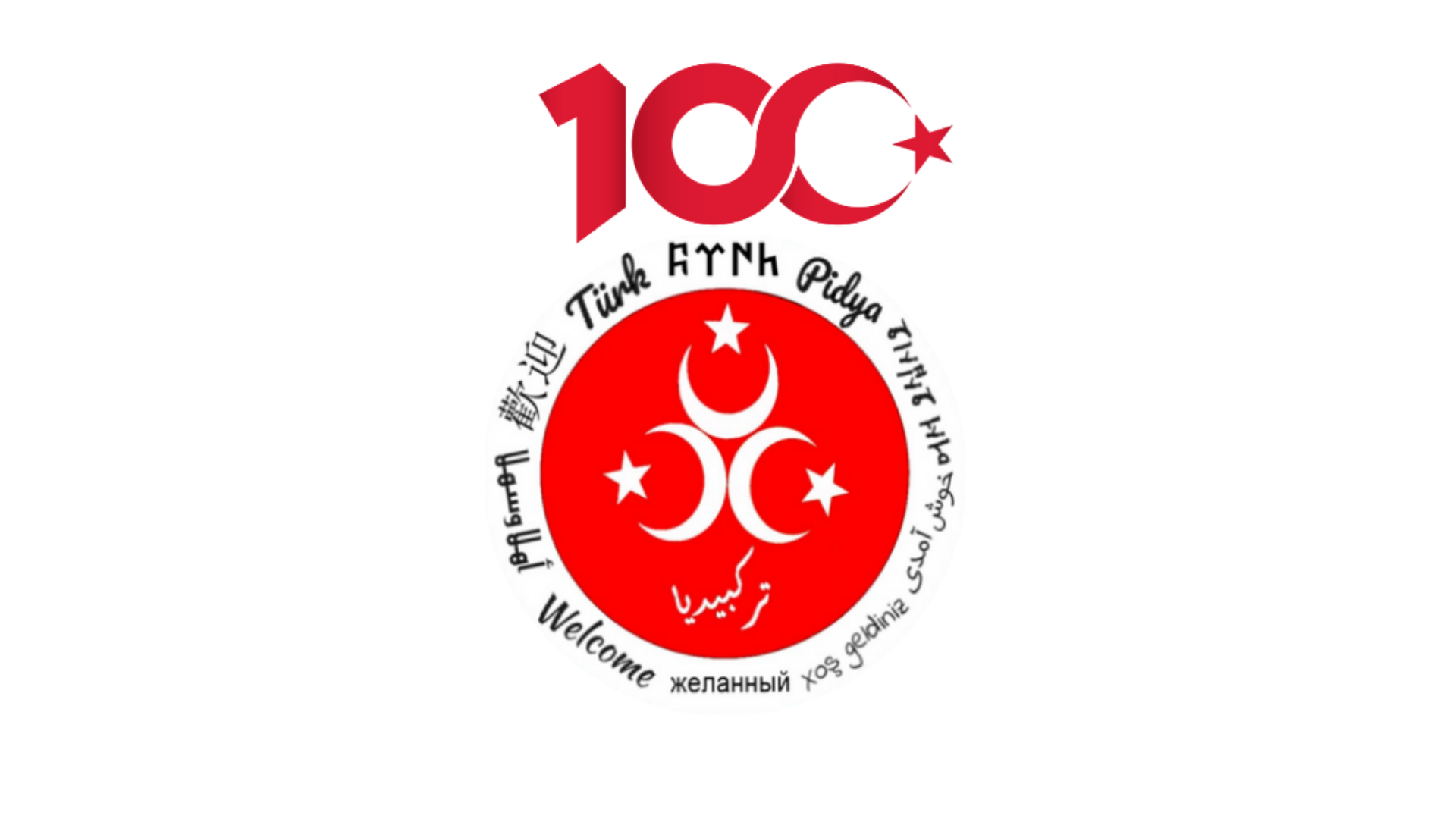Table of Contents
This comprehensive article explores all aspects of the Turkish election system, including the presidential election, the parliamentary election, the multiplicities local election and more.
The article also examines the key responsibilities of the Supreme Election Council and the voting process.

Overview Of The Turkish Election System
The Turkish election system is a multi-party parliamentary representative democratic system. The Turkish Grand National Assembly (The Parliament) is composed of 600 members elected for a term of 5 years. The parliament is responsible for enacting laws, approving the budget, and overseeing the activities of the government.
The Turkish election system is based on proportional representation. The country is divided into 81 provinces, and each province is divided into electoral districts. The number of members of parliament allocated to each province is determined by the size of its population.
Each party nominates candidates for each electoral district, and voters choose one party on the ballot paper, rather than individual candidates. The seats in parliament are allocated to parties according to the percentage of votes they receive. If a party receives at least 7% of the vote nationwide, it is eligible to enter parliament.
Turkey has a two-round presidential election system. In the first round, if no candidate receives more than 50% of the vote, a second round is held between the top two candidates.
The president is elected for a term of five years and can serve for a maximum of two terms.
The voting age in Turkey is 18, The elections are administered by the Supreme Election Council, an independent body responsible for ensuring free and fair elections.
Presidential Election
The Presidential Election in Turkey is one aspect of the country’s election system. The election, which takes place every five years, is conducted through universal suffrage.
If no candidate receives a majority, a second round of voting is held between the two candidates with the highest number of votes.
If there is a second round of voting for the Presidential Election in Turkey, and one of the candidates can’t participate, the second round will still happen, and a substitute candidate will be chosen from the first round in order of votes received.
If only one candidate is left for the second round, then it will be held as a referendum. The candidate must receive an absolute majority of the valid votes to be elected President.
If the candidate doesn’t get the majority of valid votes, then only the Presidential Election will be held again, and new candidates will be nominated.
Who can run for Presidential Election in Turkey
Anyone who is over the age of 40 and has completed higher education level can run for presidential elections.
The candidate must also be a Turkish citizen and cannot hold any other political office while running for presidency.
Presidential elections in Turkey are held by universal suffrage where the electorate directly votes for the President.
Parliamentary Election
Parliamentary elections take place every five years and are held according to a proportional representation system in a single stage.
The political parties law in Turkey mandates a 7% threshold for political parties to enter the parliament.
Who can be candidate in Parliamentary Election
- Be over 18 years old
- Being a citizen of the Republic of Turkey
- At least primary school graduate
- To have fulfilled military service
- Not to be banned from public duties
- Not have been sentenced to imprisonment for more than 1 year in total.
- Not to be imprisoned in any way, even for less than 1 year, for negligent crimes
- Have not committed crimes such as revealing state secrets, participating in acts of anarchy or participating in ideological activities
- Not having committed disgraceful crimes
Can officers or public officials be candidate
Certain public servants have to resign from their posts in order to become a candidate for parliament and subsequently participate in parliamentary elections. Public officials who must resign from their duties in order to become a candidate for parliament are as follows:
- Members of the Council of Higher Education (YÖK)
- Judges and prosecutors
- Members of the high judiciary
- Lecturers working in higher education institutions
- Radio and Television Supreme Council (RTÜK) members
- Persons working as civil servants in public institutions and organizations
- Other public employees who are not workers in terms of their services in public institutions and organizations
- Contracted personnel working in public institutions
- Temporary personnel working within the scope of Article 4/C of the Civil Servants Law No. 657
- Acting as mayor
- Officers and non-commissioned officers
- Persons serving as chairman or member of provincial and district executive boards in political parties
- City council members
- Provincial council members
Multiplicities Local Election
Citizens of Turkey, have the opportunity to participate in local elections every five years to elect your local administrators. During these elections, voters will select in 30 metropolitan districts, 51 provinces, 922 counties, 32,105 neighborhoods, and 18,306 villages.

Who can be candidate in Local Election
To become a mayor in Turkey, there are no educational requirements. The only requirement is that you must be a citizen of the Republic of Turkey.
To become a mayor, an individual must participate as a candidate in local elections and obtain a majority of votes. It is possible to run for mayor as an independent candidate, without being affiliated with any political party.
However, those who have been removed from office due to specific articles of the law are ineligible to hold the position of mayor.
Additionally, any person who has been sentenced to at least six months of imprisonment or heavy imprisonment is not qualified to serve as a mayor.
Finally, individuals who have committed criminal offenses such as fraud, bribery, or theft are also barred from serving as mayors.
How Many Rounds Can The Turkish Election Take
The presidential and parliamentary elections in Turkey are held together. The electoral process can involve multiple rounds.
In the first round, a presidential candidate must obtain more than 50% of the vote to win the election outright. If no candidate secures a majority, a second round takes place, and the two candidates with the most votes compete head-to-head.
The same process applies to parliamentary elections, where the party or coalition with the most votes wins. The system operates on a proportional representation basis.
Who Can Vote
Every Turkish citizen over the age of 18 has the right to vote, regardless of their gender, ethnicity, or religion.
If you are a Turkish citizen living abroad, you can also cast your vote in Turkish embassies or consulates.
Additionally, you need to present a valid identification document, such as your ID card or passport, at the polling station.
The Turkish election system ensures that every eligible voter can exercise their right to vote in a free and fair manner.
The Supreme Election Board (YSK) will provide a template suitable for the ballots for visually impaired voters to use.
Individuals who are not Turkish citizens, including foreigners, holders of Turkuaz card, Mavi card, refugees, and anyone who does not hold Turkish citizenship, are ineligible to vote in any type of election in Turkey and can’t vote in anyway in any type of elections in Turkey.
Where Do People Go To Vote
To participate in the Turkish elections, eligible voters must go to voting centers located in their designated neighborhoods or areas.
The address of the voting center is communicated to the eligible voters ahead of the voting day through various means, including television and radio announcements, posters, and social media.
Eligible voters are required to bring their national identification card or passport as proof of identity to the voting centers.
Upon arrival, they will be directed to their assigned voting booth where they will cast their ballots in secret.
After casting their ballots, voters are encouraged to stay and observe the vote counting process, which is carried out in the presence of political party representatives and monitors from various civil society organizations.
Who Audit The Turkish Election
In Turkey, the elections are audited by the Supreme Election Council (YSK). The council is a semi-autonomous body that is responsible for organizing, supervising, and auditing all of the country’s electoral processes.
The Supreme Election Council (YSK) is a mixed supreme judicial body in the Republic of Turkey, consisting of members selected from the Court of Cassation and the Council of State. The YSK manages and supervises general elections in Turkey, and also provides judicial oversight for election proceedings
The council is independent and has the power to make final decisions on all election-related matters, including the validity of the vote count and any potential issues related to the election process. In short, the YSK plays a vital role in ensuring that the Turkish election system remains transparent, free, and fair.
How Does The Vote Counting Process Work
In Turkey, the vote counting process for general and local elections is overseen by the Supreme Electoral Council. After the polls close, ballot boxes are counted by hand.
The results are recorded on a summary sheet and posted outside the polling station for public scrutiny. The official results of the election are announced by the Supreme Electoral Council based on the counts submitted by the local electoral boards. This process ensures that the election results are transparent, accurate, and free from any tampering or fraudulent activity.






